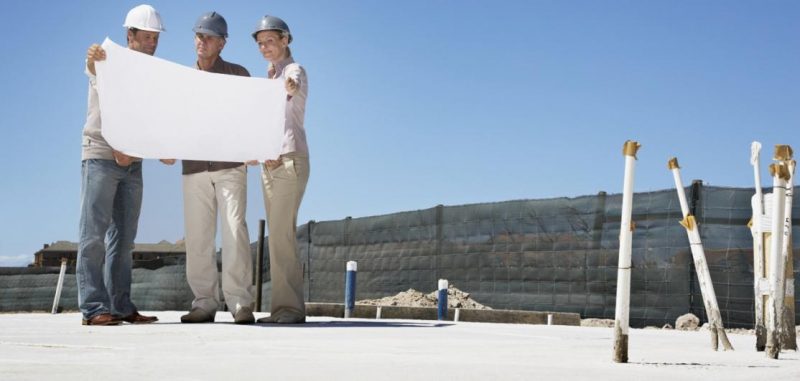The Department of Housing and Urban Development is increasing the amount of money that borrowers can roll into a Federal Housing Administration loan when paying for rehabbing homes located in opportunity zones.
The FHA is allowing the extra funds through its Limited 203(k) Rehabilitation Mortgage Insurance Program for homes located in opportunity zones starting on Dec. 16.
Buyers who purchase a home in a qualified opportunity zone can use the Limited 203(k) program to finance rehabilitation costs up to $50,000 into the total mortgage amount. That is an increase of $15,000 over the maximum amount of $35,000 allowed through the program on single-family homes that are not located in opportunity zones.
Opportunity zones were created under the 2017 Tax Cuts and Jobs Act to stimulate economic development in distressed low-income communities through long-term capital investments. The program offers significant tax breaks over the long haul for investments into designated opportunity zone areas.
Existing homeowners who have homes in opportunity zones can also tap into the higher rehab loan amount if they are refinancing to rehabilitate the existing homes.
“Providing this opportunity means that the families seeking affordable homeownership or to improve their homes in distressed neighborhoods—where rehabilitation is needed the most—have a path to financing that makes it realistic to do the repairs and improvements that will uplift the entire community,” says HUD Secretary Ben Carson.
The FHA's Limited 203(k) program allows buyers and homeowners to finance remodeling costs into their mortgage to repair, improve, or upgrade their home. Included improvements are vast, including connecting to public water and sewage systems, repairing or replacing plumbing, heating, air conditioning or electrical systems, and covering lead-based paint removal.
The FHA says about 8% of the mortgages it has insured nationwide—more than 623,000—are eligible homes located in opportunity zones.
The new incentive is limited to the first 15,000 mortgages secured by properties in qualified opportunity zones each calendar year. The incentive will expire on Dec. 31, 2028.
Source: HUD.gov













